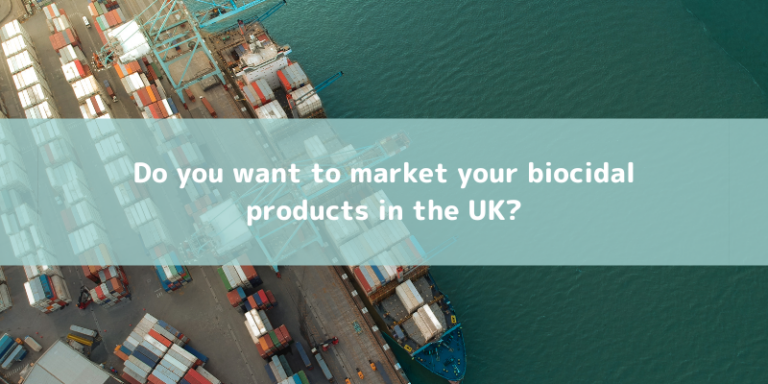
Following its departure from the European Union in 2021, the United Kingdom has implemented a new regulation for biocidal products, the GB Biocidal Products Regulation (BPR-GB), in addition to the existing Control of Pesticides Regulations (COPR). If you plan to market biocidal products in the UK, it is essential to note that the new BPR-GB closely resembles the EU Biocidal Products Regulation (BPR-EU) but includes some specific requirements tailored to the UK.
Biocidal products marketed in the UK must only include active substances from suppliers listed in the Article 95 List.
The process depends on the evaluation status of the active substance in your product:
You can check the evaluation status of active substances here.
COPR control the marketing of biocidal products in Great Britain (GB) and Northern Ireland (NI) while their active substances are under evaluation. Only certain types of biocidal products are covered under COPR. Products falling into the following categories require registration:
To market biocidal products under COPR, you need to:
Important Reminder! Before engaging in any activity with your biocidal product in the UK, you must obtain authorization from the Competent Authority.
Get in touch today to learn how we can support you in meeting COPR requirements and ensuring compliance for your biocidal products in the UK!